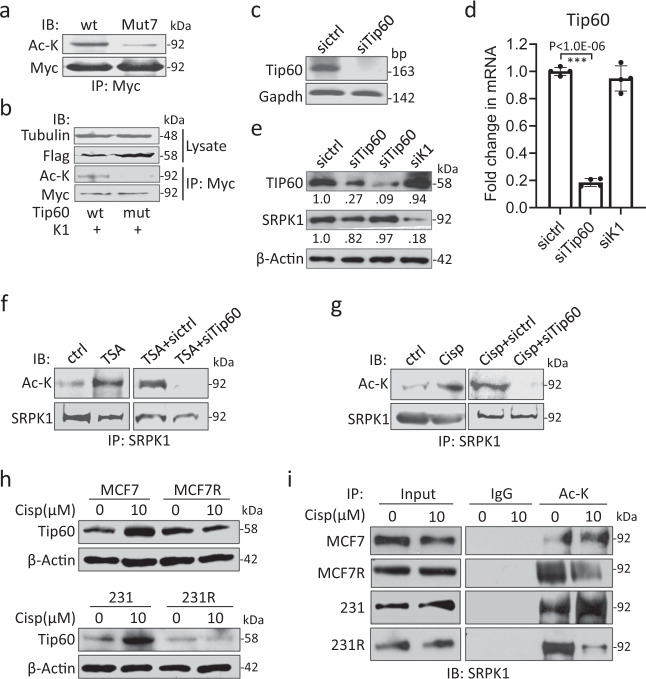Fig. 2. SRPK1 was acetylated in a Tip60-dependent manner.
a Myc-tagged SRPK1 (wt) or acetylation-deficient SRPK1 (Mut7) was overexpressed in 293T cells. Immunoprecipitation (IP) was then performed using the c-Myc antibody, and the precipitates were immunoblotted (IB) with the acetyl-lysine antibody (Ac-K). b Myc-tagged SRPK1 (K1) was co-expressed with either Flag-tagged wild-type (wt) or HAT-deficient (mut) Tip60. The immunoprecipitation and immunoblotting were then performed with indicated antibodies. c–e The knockdown efficiency of the siRNA pool targeting Tip60 (siTip60) was verified by RT-PCR in 293T cells (c), by qPCR (d) and immunoblotting (e) in 231 cells. Bars in (d): mean ± SD; n = 4; ***p < 0.001 by Student’s t-test. The decimals below the strips in (e) denote the relative abundance of Tip60 and SRPK1. f, g 293T cells were then transfected with sictrl or siTip60, and treated with TSA (f) or cisplatin (g). The acetylation of SRPK1 was examined by immunoprecipitation with the SRPK1 antibody and immunoblotting with Ac-K. h The indicated cells were treated with 10 µM cisplatin for 5 days and the protein level of Tip60 was checked by immunoblotting. i The acetylation of SRPK1 in the indicated cells was assessed by immunoprecipitation with Ac-K followed by immunoblotting for SRPK1. For IP experiments, 5 µM TSA was added to the medium 6 hours before harvest. For RT-PCR gel images in (c) and Western blots in (a, b, e–g, i), they are representative of three experiments with similar results. The Western blots in (h) are representative of four experiments with similar results.

